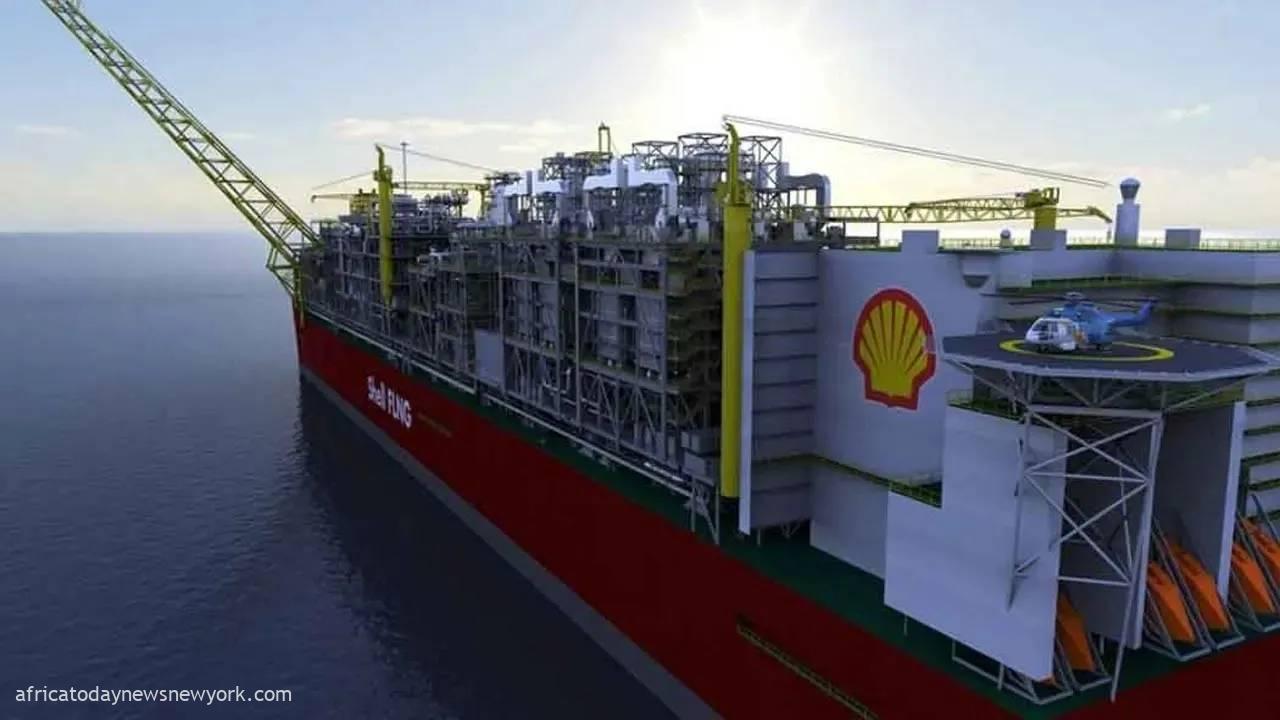The Supreme Court of the United Kingdom said in a statement that its five judges ‘unanimously’ rejected an appeal over the 2011 spill, upholding prior rulings that claims were not made before a legal deadline.
The claimants say their shoreline faced a ‘devastating impact’ from a leak at the Bonga oilfield which unleashed 40,000 barrels of crude into the Gulf of Guinea.
Shell said the spill was swiftly contained.
Read Also: Putin Sends Warning To UK Over Depleted Uranium Tank Shells
The claimants had sought Wednesday to overturn rulings from two lower courts, arguing that the oil spill constituted a ‘continuing nuisance’, a legal definition to which the deadline would not apply.
The Supreme Court however disagreed and declared the leak was a ‘one-off event or an isolated escape’, in a judgement that does not affect a separate legal action against Shell over other spillages.
‘The claimants’ argument that there is a continuing nuisance, because on the assumed facts oil is still present on their land and has not been removed or cleaned up, is rejected,’ said judge Andrew Burrows.
‘There was no continuing nuisance in this case because outside the claimant’s land, there was no repeated activity by the defendants or an ongoing state of affairs for which the defendants were responsible that was causing continuing undue interference with the use and enjoyment of the claimants’ land.’
The Supreme Court noted however that the 2011 spill was ‘one of the largest spills in Nigerian oil exploration history’.
The London-listed energy major welcomed the judgement on Wednesday, but said the spill was ‘regrettable’.
‘It was clear from the start that these claims were unfounded and brought entirely out of time,’ a Shell spokesperson said.
‘Today’s decision… rejected the claimants’ case that Bonga oil could have become trapped and re-mobilised years later, migrating upstream and impacting the claimants’ communities.
‘While the 2011 Bonga spill was highly regrettable, it was swiftly contained and cleaned up offshore.’
Nigeria, Africa’s biggest crude producer, has struggled with oil spills for decades.
Shell faces a separate ongoing legal case in Britain after that country’s Supreme Court ruled in February 2021 that more than 50,000 people in the Niger Delta region can make pollution claims in English courts.
